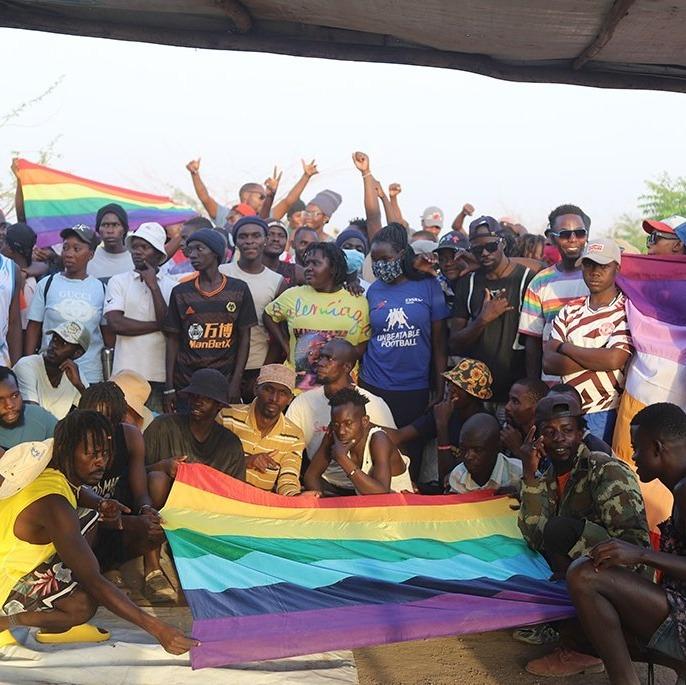1
39
Italy passes anti-surrogacy law that effectively bars gay couples from becoming parents
(www.washingtonpost.com)
2
33
3
17
4
191
Trans activists release 6,000 crickets on transphobic LGB Alliance conference
(transkidsdeservebetter.org)
10
258
11
38
13
26
15
109
11th Circuit Rules In Favor Of Forced Trans Sterilization For Drivers Licenses In Alabama
(www.erininthemorning.com)
17
51
18
36
20
30
21
30
How Project 2025 targets the very existence of trans and queer people in the U.S. -- (video, 4 min)
(invidious.privacyredirect.com)
view more: next ›
LGBTQ+
6179 readers
34 users here now
All forms of queer news and culture. Nonsectarian and non-exclusionary.
See also this community's sister subs Feminism, Neurodivergence, Disability, and POC
Beehaw currently maintains an LGBTQ+ resource wiki, which is up to date as of July 10, 2023.
This community's icon was made by Aaron Schneider, under the CC-BY-NC-SA 4.0 license.
founded 2 years ago
MODERATORS
